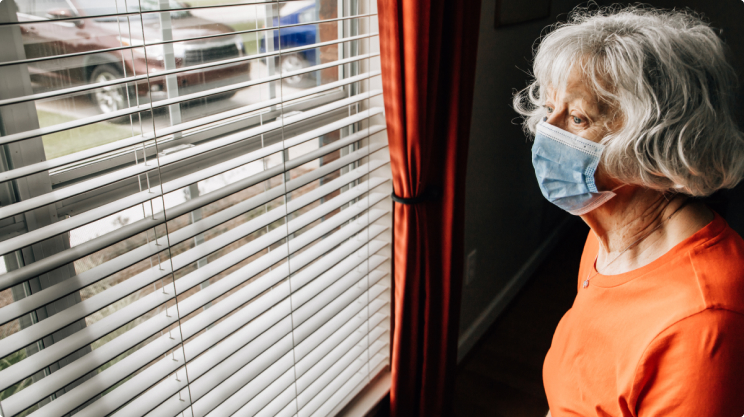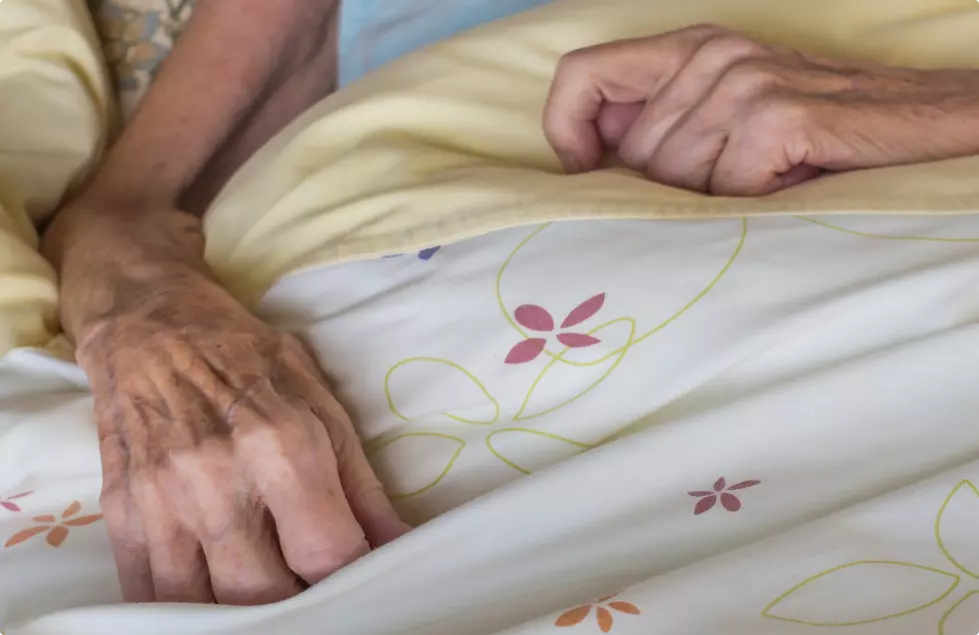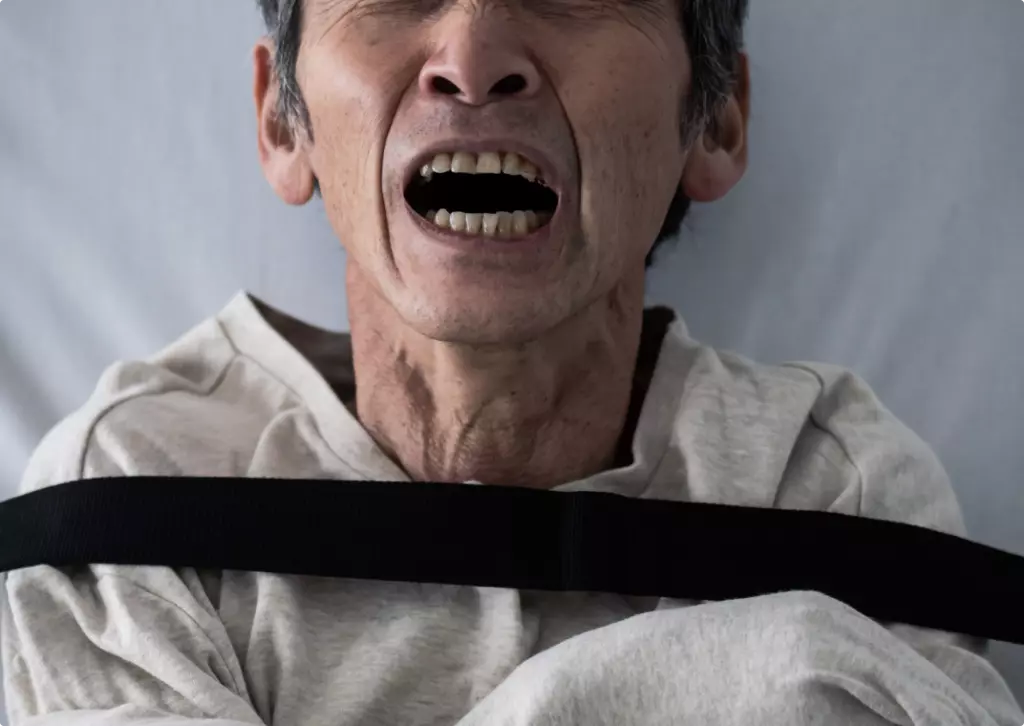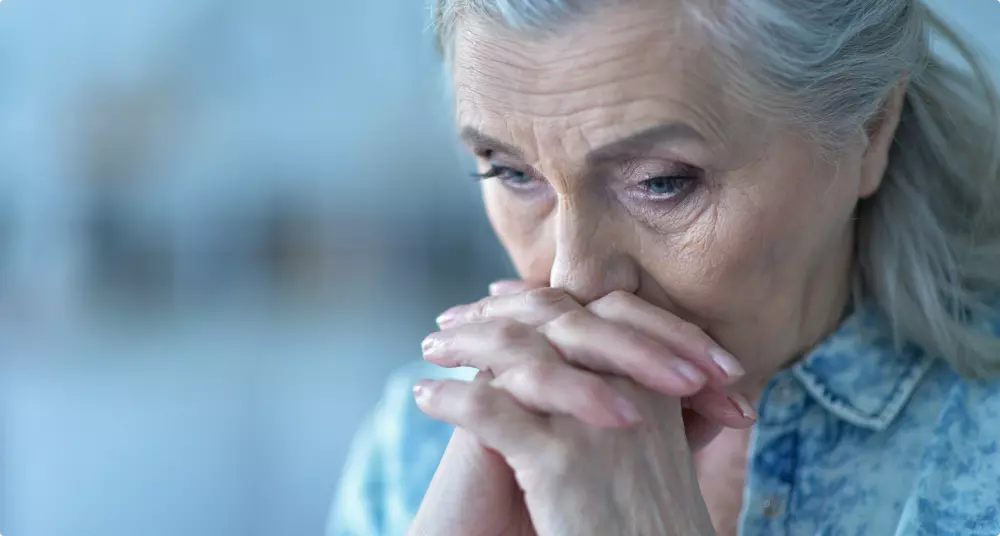When it comes to finding a nursing home for their loved ones, families do everything they can to find an environment that feels supportive and safe. And yet, despite these efforts, many residents sadly become the victims of nursing home abuse or neglect.
Every year, numerous families are impacted by nursing home abuse, with a significant number of abuse cases reported. In 2020, more than 15,000 complaints filed with nursing home ombudsmen were related to abuse or elder neglect.
According to a recent study, approximately 24.3% of residents experienced at least one instance of physical abuse while in a nursing home or skilled nursing facility.
Nursing home residents may suffer physical, sexual, emotional, or financial abuse from a caregiver, staff member, or even a fellow resident. The abuse may even take the form of neglect, which is when a resident is harmed by substandard or improper care.
An experienced North Carolina nursing home abuse lawyer with DeMayo Law Offices can help families secure compensation for recovery and help reduce incident rates in North Carolina.
At DeMayo Law Offices, Your North Carolina Law Firm™, our nursing home abuse attorneys are prepared to handle the unique challenges of an elder abuse case by aiding family members through the litigation process and securing compensation for recovery.





